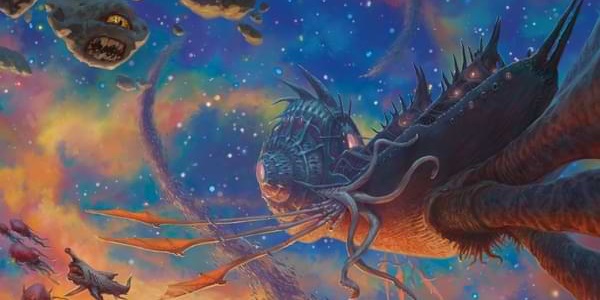Well, I can see your point, but the setting is a fantasy analogy to Polynesian Islands in the 1200 or so. While I can see how, say, living in Italy (for example) gives an interesting point of view over a product set in current-time Italy, I don't think it helps when writing about Ancient Rome. I am of European descent and I don't claim understanding (outside of any research I might have done) over the Thirty Years War, and I have even trouble understanding what it would be to go in the trenches of WWI, because without proper research, current day experiences can't translate to events even just 100 years ago, let alone nearly a millenia ago.
I see what you are saying here about distance in time, and I agree to an extent. However, let's keep in mind that Mythic Polynesia is a work written from a non-Polynesian person (i.e., Mark Shirley) that promotes (unintentionally or not) harmful stereotypes that persist in present day Polynesian cultures, which are peoples who to this day are still subject to racist colonial depictions. People from Polynesian and Austronesian cultures have identified problematic portrayals in this book that align with racist depictions of their culture by colonizers. This situation differs from either of us writing about a TTRPG set in ancient Rome.
I understand from your explanation that the point wasn't "ancestry excuses bad research" but maybe that "real life experience excuses bad research". Which is much less offensive, but still, IMHO, false:
"Excuses bad research" is not the point or goal here at all. I hope you don't mind if I repeat myself a bit here:
@Whizbang Dustyboots noted that Mythic Polynesia didn't have "actual Polynesian people involved in the project at all," wherein I think that we can also understand that there were not even people of Polynesian descent, such as people of Polynesian descent living in the U.S., Canada, or Sweden.* So we are not talking strictly in terms of superficial research, but also about the
authors' own voice, life experiences, and background that they bring to the project.
By the author's voice, I mean that an author's origins, cultural background, and life experiences matter, especially when speaking about either one's culture or a different culture. It does not automatically make them correct or wrong about anything, but it is salient.
Honestly, if the exact same product had been made by people from Polynesia, it wouldn't be better or worse in my eyes, it would be the exact same product to be judged by the exact same standard (which can be stringent or lenient, depending on expectation on what a RPG setting would be).
But would you not agree that it is doubtful that a Polynesian person would have made this exact same product? Isn't that the point other people have been making? The author was not from a Polynesian country. The author was not of Polynesian descent. The author did not use Polynesian sources. There were no Polynesian sensitivity readers or reviewers. And there are people of Polynesian and Austronesian descent who have noted false and racist stereotypes and depictions of their cultures in the work. I am incredibly skeptical that this exact same product would have been the outcome of a work that employed Polynesian collaborators.
I have seen TTRPG works by Austronesian writers and designers: e.g., Sina Una, A Thousand Thousand Islands, Gubat Banwa, Dagger Isles (BitD, previews), etc. On the whole, their depiction of Southeast Asia and Polynesia stands in pretty stark contrast with how white European writers and designers tend to depict their cultures in TTRPGs.
I think we found the disconnect. I don't think a majority Europeans would agree that they share a common culture (at least, they might feel they get a few things in common, but they feel more attached to their local culture rather than a hypothetical European-wide culture. I can feel cultural differences by driving 100 km east or west and I have absolutely no idea of the folklore of, say, Central Europe. So, claiming "familiarity" [really, I don't know how to rephrase your "author's voice", thus I may be still missing your point] with European culture sounds strange even if some was from Europe, and even more from someone from Canada. On the other hand, I understand that in the North American cultural framework, since you're taught about "Europe" as a whole in history lessons, it is much more natural to understand. Hence the "out of the blue" feeling I had which you did'nt have.
I'm not sure if you have identified the disconnect because I am not saying that Europeans all share a common culture or that there are not differences between European cultures, nor am I attempting to erase those differences. Good Lord, I am definitely not say that in the least. I can see and experience those differences between and within cultures here in Europe for myself quite plainly and without your assistance.

 www.dndbeyond.com
www.dndbeyond.com



